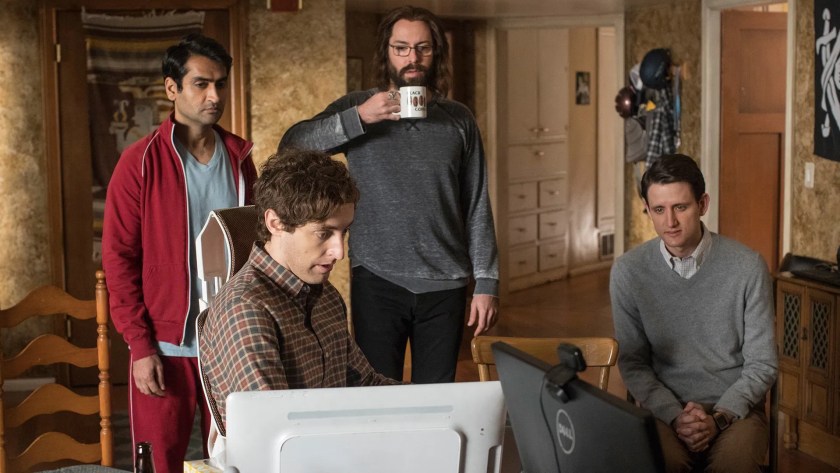
Recently there’s been a bunch of news pieces about the somewhat dodgy practices of silicon valley funded companies. I’ve found the language use really interesting, and if there was a drug dealers handbook (there might be a few of them to be honest?) they would be in there for sure; likely as case studies.

#1 – Free taster, hooked forever
While researching and writing my presentation for dating into the future, I found this which I knew was true but good to find the research to back up my assumption.
In a study on the brains of drug addicts, researchers found that the expectation of the drug caused more release of the feel-good neurotransmitter dopamine than the actual drug itself. Similarly, for those who may be expecting the next swipe on Tinder to lead to reward, serial swiping can start to look and feel a lot like addiction. Not surprisingly, in 2015 Tinder began to limit the amount of daily right swipes to around 100 for users who don’t buy into their premium service

#2 – Don’t get high on your own supply
Classic drug dealer 101 stuff, perfect words for how those involved in the business
Developers of platforms such as Facebook have admitted that they were designed to be addictive. Should we be following the executives’ example and going cold turkey – and is it even possible for mere mortals?

This instantly reminds me of so many films involving drug cutting including women in their underwear?

#3 – Get them while young
I was shocked to discover that tinder use to be open to under 18s. This is also going in my future of dating talk.
Dating app Tinder has announced that, beginning next week, they are raising the minimum age of users to 18.
Tinder spokesperson, Rosette Pambakian announced the changes in a statement: “On a platform that has facilitated over 11 billion connections, we have the responsibility of constantly assessing our different user experiences.”
“Consistent with this responsibility, we have decided to discontinue service for under 18 users. We believe this is the best policy moving forward. This change will take effect next week.
When the dating app was launched back in 2012 Tinder was separated into three age categories – under thirteens who were not permitted to use the service, 13 to 17-year-olds and over 18.
Of course since the restriction, others have stepped up to cater for the younger audience. Get them hooked early?
Lets not forget how much impact peer pressure can be in this situation too. Ask many people why they started to smoke while young…
The vulnerability of teens is intensified by the fact that as they move through the rite of passage that is their teenage years, the approval of their friends is increasing and eclipsing the value to them of parental approval.

#4 – Sell the sizzle
or Always tell customers your drugs are the best make up stories about how good it is…
Like most of these rules, they are super common across industries but its interesting to think about selling the sizzle. We tend to buy in to the utopian sizzle around these services and platforms without too much questioning. Then are surprised/shocked when we hear about negative behaviours; but think well that won’t happen to me or they were doing something wrong (victim blaming).

I love Tony Hunts idea of what would this all look like if it had warning like you get on cigarette packs? Mark Manson’s been say the smartphone is the new cigarettes, so I guess it makes a lot more sense.

#5 -Have a exit strategy
or plan escape routes if something goes bad aka Valley talk: pivot or sell
Remember the myspace sell off?
Myspace, once the world’s hottest internet firm, has been sold to an online ad company for around $35m, a fraction of the $100m its parent company was seeking for the ailing social network and billions less than its value five years ago.
or how about the on going story of Ashley Madison’s try to get back into our good books but not really changing at all…
The preferred website to find an affair, Ashley Madison, is teaching better infidelity through fitness in its latest campaign.
The leading married dating website launched its new year campaign advising cheaters that if not getting caught is one of their New Year’s resolutions, then staying fit should be too.
The campaign, titled ‘Morning Run,’ features a woman appearing to be out for a routine morning run. A voice over asks “Why am I out of bed before anyone else? Why do I run faster than I did yesterday?…I just don’t want to get caught.”
We see the woman running behind her chasing her down as she runs from her extramarital partner’s wife as the ad closes and the site’s tagline comes up – “Life is short. Have an affair.”
Ok its all a stretch and quite fun but there is some elements of truth in each rule and linking them to how different companies treat their users and how they think about the whole setup/game.

















